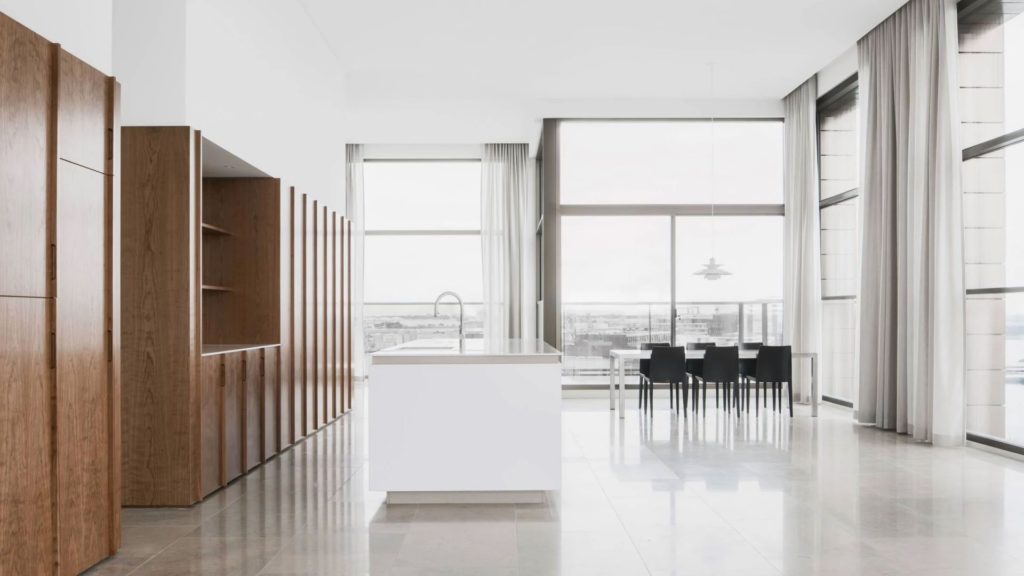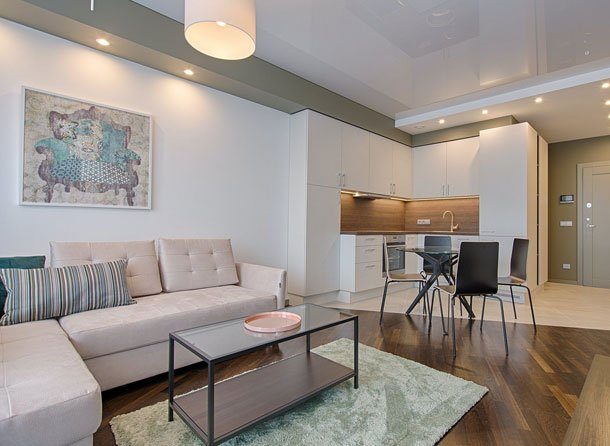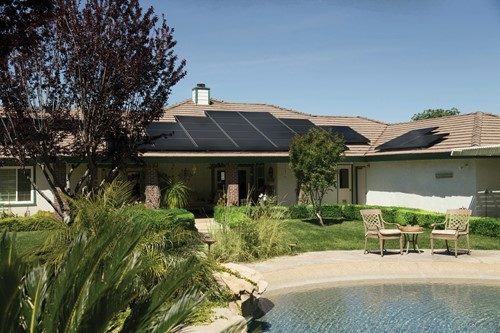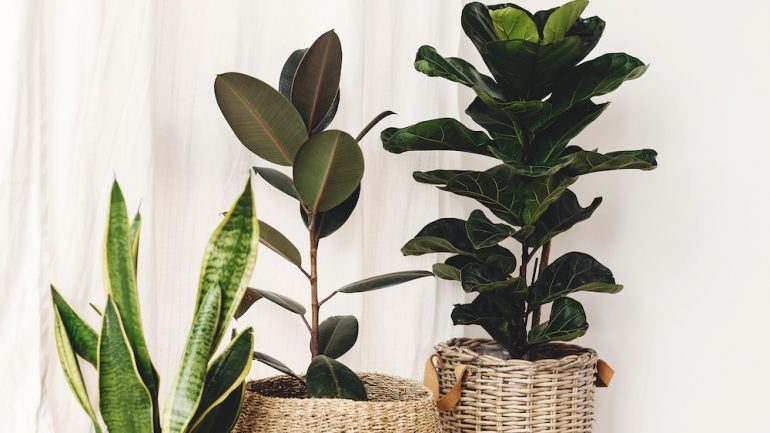Tips for renewing your property and beneficiary
Take care of the details
Whether you collect books, vases, candles, etc., smart arrangements can mean taking out some of the bulkier items. As you reduce clutter, it will be easier to reinvent the design.
Also, be careful how you use your shelves. Adding a few may seem like a great way to use your vertical space, but they can also become places to hide what doesn’t seem to fit in with the rest of the room.
Add more storage
A cashmere blanket draped over the sofa can be a beautiful addition to the room. However, ten accent pillows scattered everywhere can make a room look disorganized.
Consider replacing a coffee table with a hope chest or adding a storage ottoman to keep your accessories organized and out of sight. Functional furniture and organizers are also great places to store anything from board games to pet toys.
Integrate lighter colors
Lighter colors have a way of making the space appear more alive, which can instantly make the room more inviting. If the room has a lot of natural light, add mirrors to help reflect your best features. This addition can be as simple as putting a slipcover over a sofa or chair.
If you come home after a long day at work and you don’t feel completely comfortable, maybe you need a reform. Sometimes routine and lack of time make us neglect our space, making it impossible for us to enjoy it or feel it as our own. Here are some of the signs to watch out for when implementing a change:
INTERIOR DECORATOR HIPOLITO











